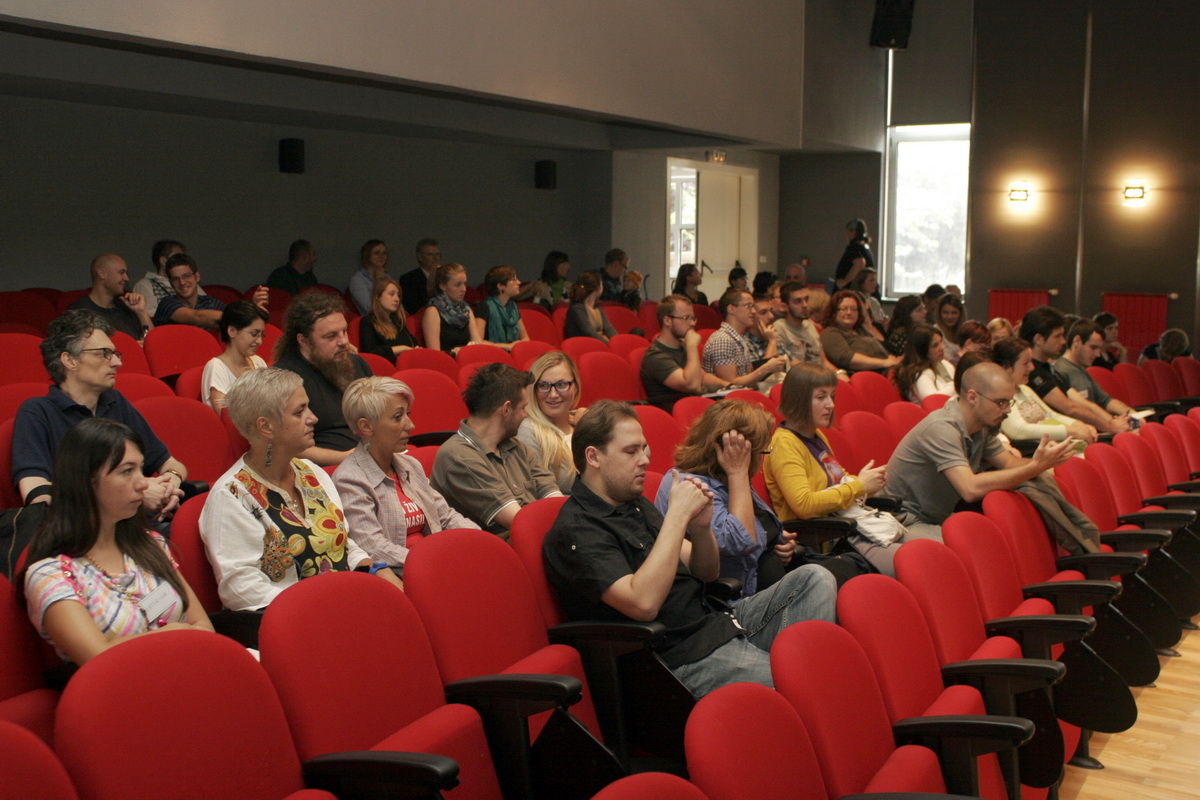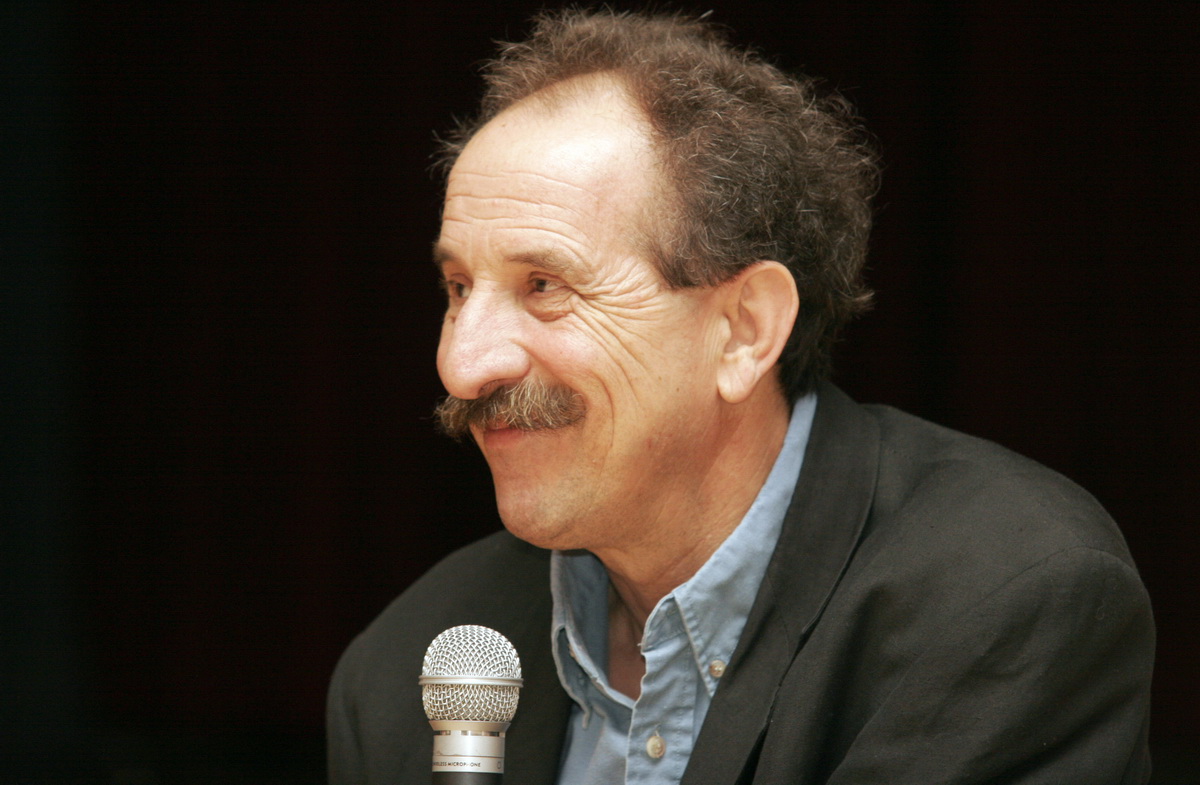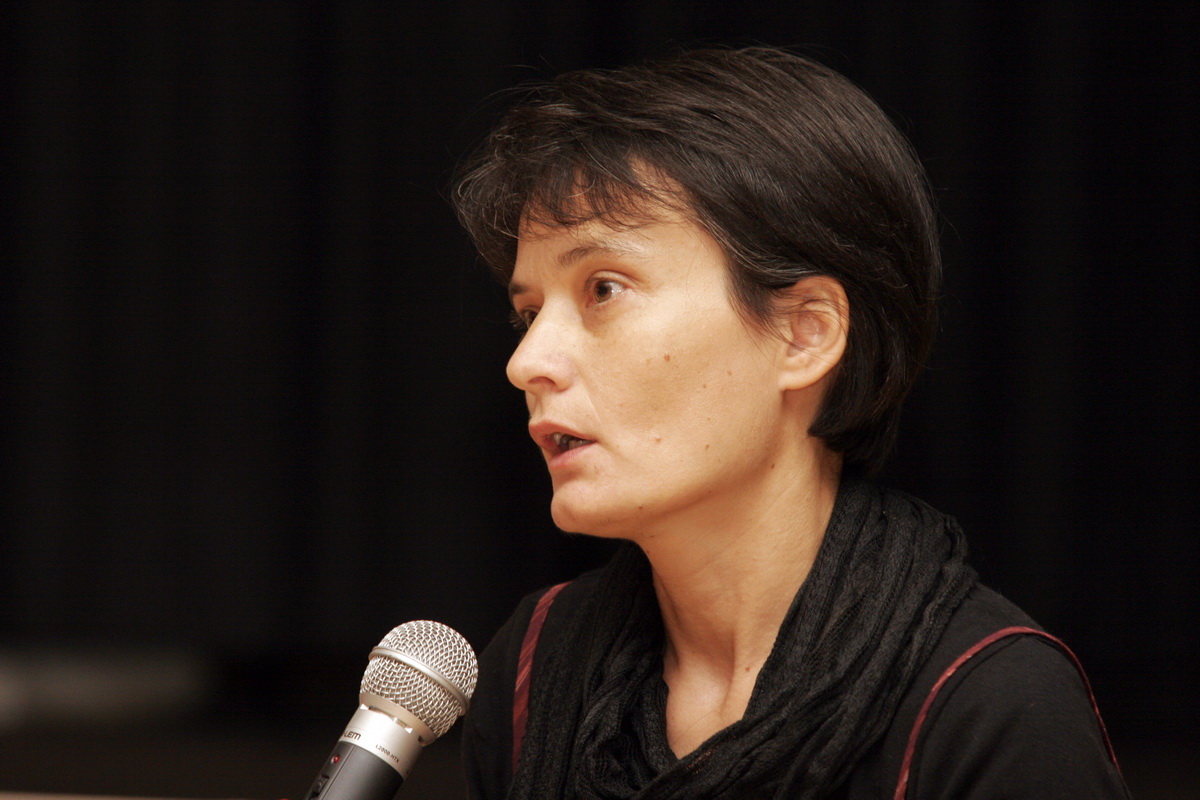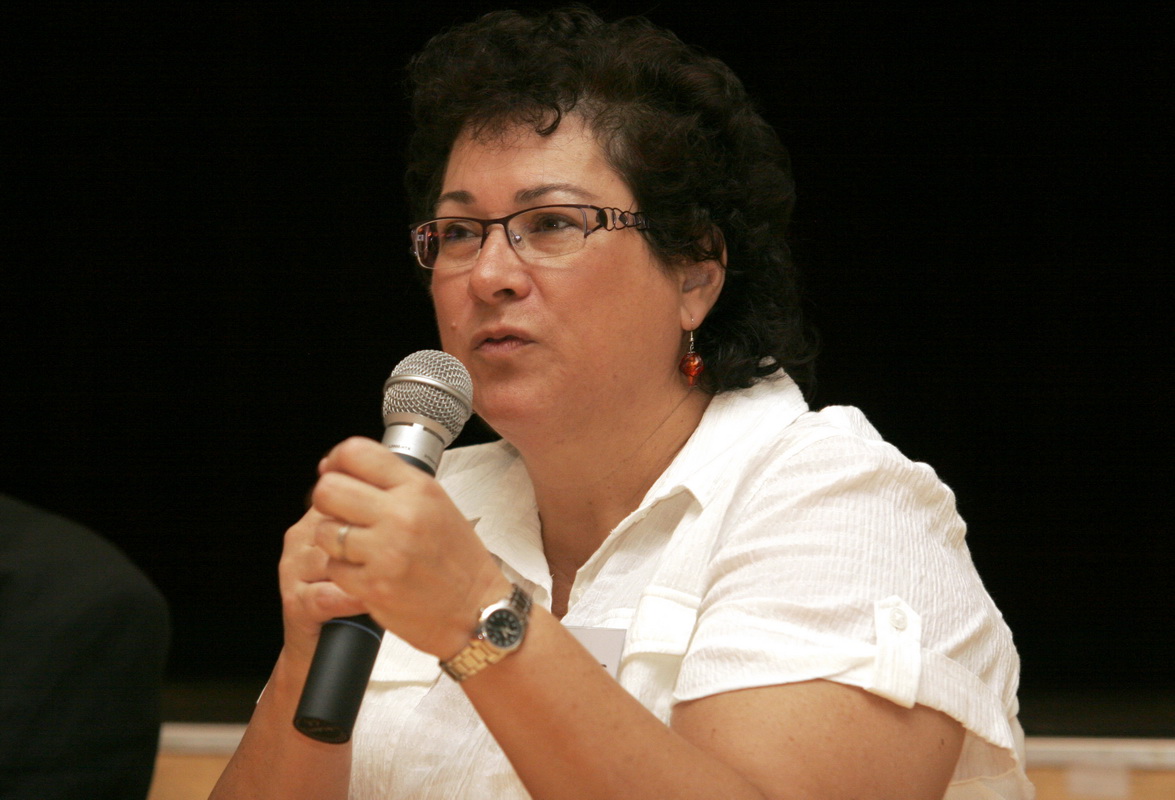
European Regional Master's Degree in Democracy and Human Rights in South East Europe
Sarajevo - Bologna
CALL FOR APPLICATIONS A.Y. 2012-2013
The European Regional Master's Degree in Human Rights and Democracy in South East Europe (ERMA) is an intensive, one-year Master programme established through the joint efforts of the participating universities and coordinated by the Universities of Sarajevo and Bologna. At present it is in its eleventh year of implementation. The Programme is co-financed by the European Commission and the Italian Ministry of Foreign Affairs. It is part of the Regional Masters in Human Rights and Democratisation network.
In the a.y 2012/2013 ERMA shall be implemented as a double degree programme: one diploma will be issued by the University of Sarajevo and one by the University of Bologna.
The Master Programme awards 60ECTS and is structured in three terms/two semesters –
I) November 2012 – June 2013: Lecturing period at the University of Sarajevo (semester I);
II) June – July 2013: Internship work across South East Europe and
III) September – October 2013: Master's Theses writing-up period at the University of Bologna (semester II).
The teaching activities involve renowned Faculty members coming from more than 25 European and other countries. Internships take place at various regional NGOs, IGOs, think-tanks and research institutes dealing with issues of human rights and democracy in South East Europe. The third term is hosted by the University of Bologna Residential Centers in Italy.
Each academic year the Programme enrolls 30 students from the countries of South East Europe and the European Union. Starting from a.y. 2011-2012 applications from the Caucasus and Russia are also accepted. The upper age limit of potential applicants is 35 years of age. Twenty five (25) places are reserved for citizens of the countries of South East Europe involved in the program - Albania; Bosnia and Herzegovina; Croatia; Macedonia; Serbia, Montenegro and Kosovo. Five (5) places are reserved for citizens of the European Union countries, Caucasus (Armenia, Azerbaijan, Georgia) and Russia. The Programme offers study grants to all students coming from the target countries.
The application form and additional information on admission are available at: www.cps.edu.ba
The deadline for the full application package to be RECEIVED is: August 31st 2012
 The Sarajevo Open Center (SOC) is a non-governmental organization promoting active citizenship through political education and advocating for human rights of women and LGBT persons through equality policies. Among other activities, SOC is doing active publishing work. Their publications appear in several editions: Questioning; Human rights; Gender; BH politics. SOC has published several very interesting and relevant publications in the last year which deal with topics that can rarely be found within mainstream publishing houses. „Glossary of LGBT Culture“, „Textbook of LGBT Human Rights"“, „Discrimination – One Word, Many Faces“, „Someone said Feminism?“ – are just some publications which were published by SOC's team with the help of many other collaborators and are now offered to readers throughout the region of former Yugoslavia. The abovementioned publications are for free and can be found in PDF version on the following link: http://www.soc.ba/index.php/bs/publikacije
The Sarajevo Open Center (SOC) is a non-governmental organization promoting active citizenship through political education and advocating for human rights of women and LGBT persons through equality policies. Among other activities, SOC is doing active publishing work. Their publications appear in several editions: Questioning; Human rights; Gender; BH politics. SOC has published several very interesting and relevant publications in the last year which deal with topics that can rarely be found within mainstream publishing houses. „Glossary of LGBT Culture“, „Textbook of LGBT Human Rights"“, „Discrimination – One Word, Many Faces“, „Someone said Feminism?“ – are just some publications which were published by SOC's team with the help of many other collaborators and are now offered to readers throughout the region of former Yugoslavia. The abovementioned publications are for free and can be found in PDF version on the following link: http://www.soc.ba/index.php/bs/publikacije





